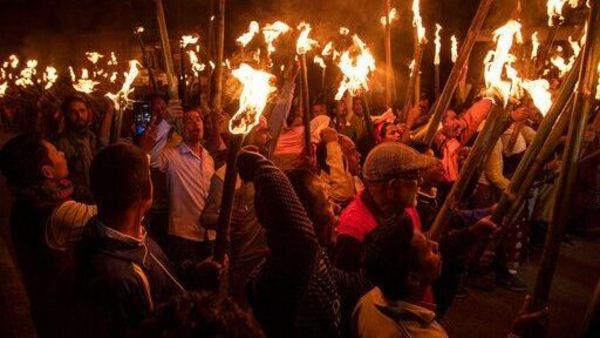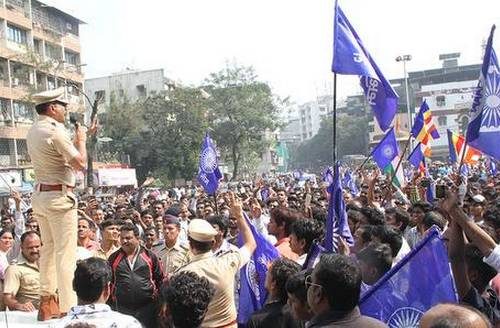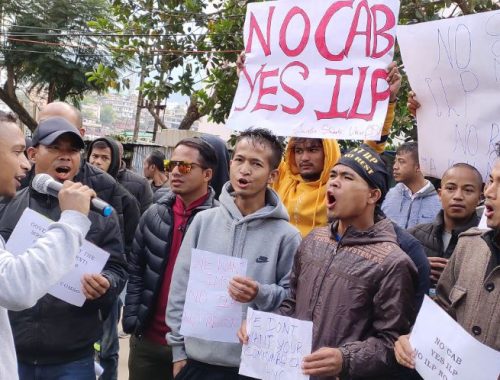There are many reasons to oppose the government’s Citizenship Amendment Bill (CAB) combined with a nationwide National Register of Citizens (NRC). In its current form, the CAB seems to violate article 14 of the Constitution, which protects all persons, not just citizens, from discrimination. However, even those who support its stated objective should oppose it for one simple reason—its extremely high cost of error, which, given India’s poor state capacity, is inevitable.
The CAB aims to amend India’s Citizenship Act, which lays down the elements of Indian citizenship. The amendment states that “persons belonging to minority communities, namely, Hindus, Sikhs, Buddhists, Jains, Parsis and Christians from Afghanistan, Bangladesh and Pakistan… shall not be treated as illegal migrants for the purposes of that Act”. It protects individuals belonging to some groups from being declared illegal immigrants (and facing detention/deportation), and fast-tracks their citizenship, but categorically excludes Muslim immigrants from getting similar protection, even if they belong to minority and persecuted groups such as Ahmadis or Rohingyas.
The government is also considering a nationwide NRC. Once created, the NRC will list the names of all those included as Indian citizens. Those not on the list will get a chance to prove their status as citizens. If the exercise turns out like the one in Assam, those excluded will have a short period to appeal their exclusion, failing which they would face detention and deportation.
The exercise would be highly prone to error—both Type I and Type II. Type I errors, or false positives, mean mistakenly identifying a person as an immigrant from protected minority communities such as Hindus, Sikhs, Buddhists, Jains, Parsis and Christians from Afghanistan, Bangladesh, and Pakistan, and erroneously giving them the benefit of Indian citizenship. Immigrants are usually a net economic benefit; so the costs of Type I errors are related to national security. These costs are not nationwide and typically limited to a handful of border districts in India.
Type II errors, or false negatives, occur when those who qualify as Indian citizens are mistakenly categorized as illegal immigrants. A nationwide NRC, if similar to the one in Assam, would imply that false negatives get sent to detention centres or deported, making Type II errors extremely costly. To minimize false negatives, the bar to qualify as a citizen has to be very simple and easily identifiable. Also, the state capacity to scrutinize the paperwork for the NRC has to be exceptionally high. The Indian state usually fails on both counts. Given the CAB’s current religious exclusionary basis, Muslims are at higher risk of exclusion through false negatives, though all groups, including Hindus, are likely to be affected by errors.
There are three main issues to consider here. The first is the trade-off between Type I and Type II errors. If, to avoid false positives, the government has a high level of scrutiny for NRC inclusion, all individuals will have the burden of meeting this higher bar. In the process, some might be mistakenly excluded. On the other hand, if the bar is set very low to prevent false negatives and erroneous exclusions, then some illegal immigrants may slip through the cracks. The current CAB framework, combined with the NRC, is set up to minimize false positives, which will automatically increase false negatives.
The second issue to consider is whether the costs of both kinds of errors are symmetric. In the case of symmetric costs, the trade-off between the two kinds of errors is of less concern. However, when the costs are asymmetric, the trade-off in the system must be considered. Illegal immigration is a minuscule problem nationwide and the concern of terrorist conduits is an issue in a handful of border districts. However, false negatives—that is, mistakenly excluding an Indian from the NRC—has an extremely high human cost because of the severe penalties. False negatives could tear families apart, and force the poor, who tend to lack documents, to spend their resources on legal appeals against detention, or spend years at detention centres. So, trading Type I errors for Type II errors is a very bad bargain for Indians.
The third issue is of the magnitude of error. If the government executes the task exceptionally well, such as for voter identity, and has a Type II error rate of just 5%, 67.5 million people will face action, equalling the human displacement caused by World War II. Most Indian systems have a far higher error rate. The State Of Aadhaar Report 2017-18 by IDinsight, covering 2,947 households, found that 8.8% of Aadhaar holders reported errors in their name, age, address or other information in their Aadhaar letter. In the NRC, a spelling mistake can deprive one of citizenship and 8.8% affects over 120 million people. If the Indian state outsources the project’s execution to an organization with capacity equalling Scandinavian government systems, with a very low error rate of 1%, 13.5 million Indians would still be erroneously excluded, equalling the human displacement caused by Partition.
Those who support the idea of the CAB and NRC need to take a hard look at our state capability to execute such a policy across the country. Once the human costs of error are acknowledged, surely even they would find it difficult to support such an error-prone exercise.
*Shruti Rajagopalan is a senior research fellow with the Mercatus Center at George Mason University, US




